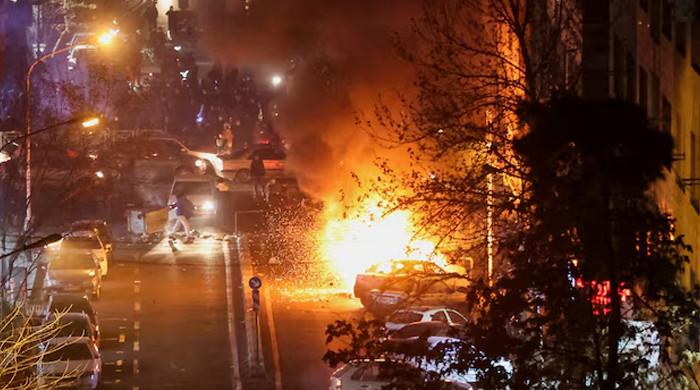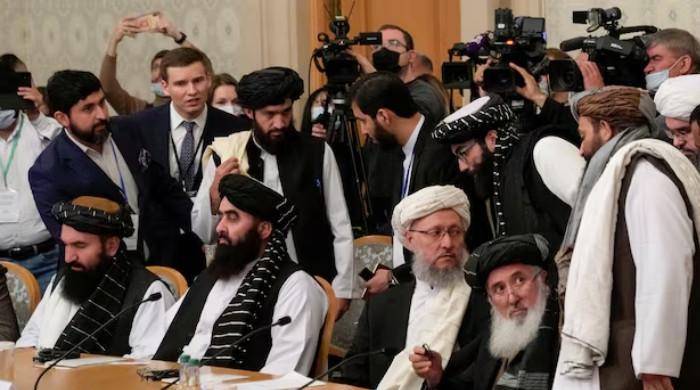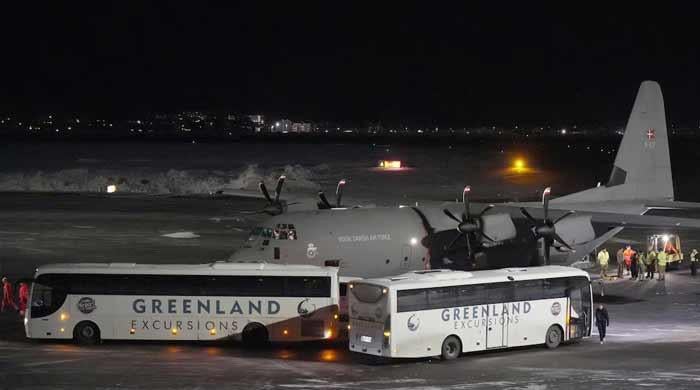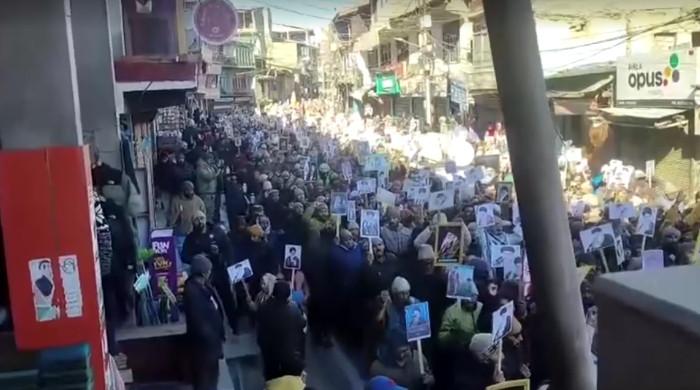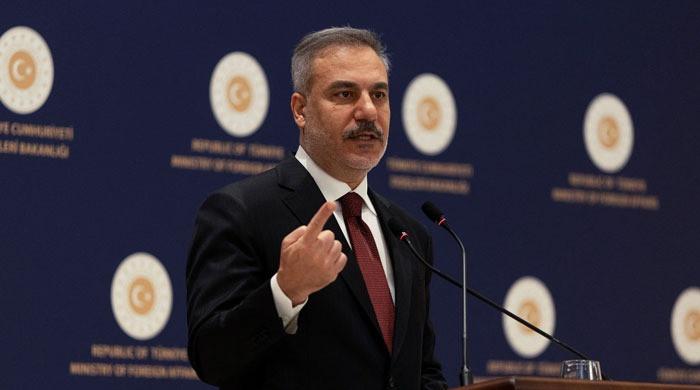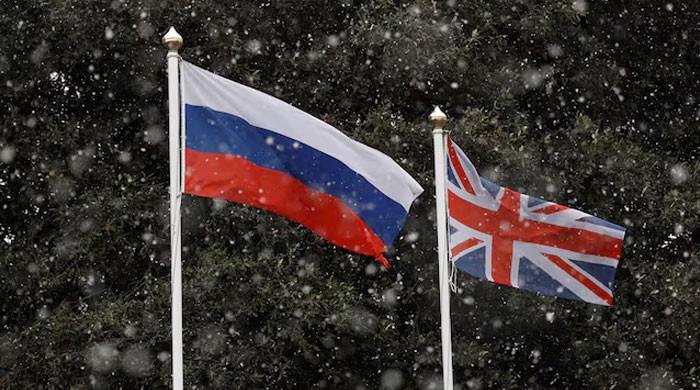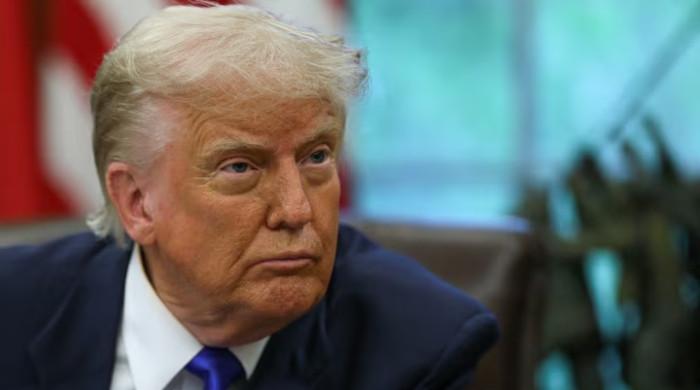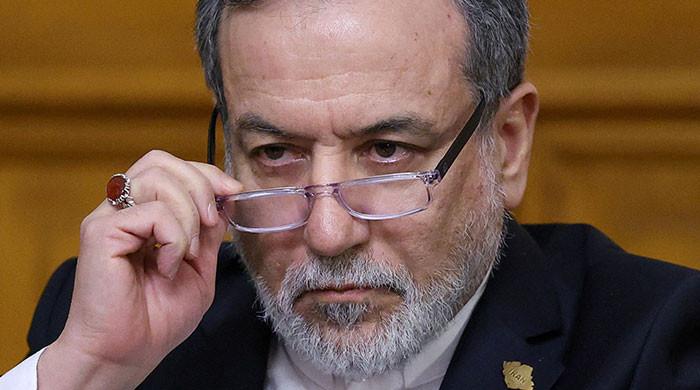Western nations, protest killings, expel Syrian envoys
BEIRUT: The United States joined with 10 nations to expel top Syrian diplomats on Tuesday, increasing international pressure on President Bashar al-Assad. In Damascus, the United Nations envoy said...
May 30, 2012
In Damascus, the United Nations envoy said the uprising had reached “a tipping point” after a massacre of more than 100 villagers, nearly half of them children.
The United Nations Security Council condemned Syria at an emergency meeting on Sunday, blaming it at least partly for the Houla massacre, saying it shelled civilian neighborhoods with heavy artillery. The Council was scheduled to meet again on Wednesday on Syria. But divisions with Russia have prevented more weighty international measures like an arms embargo.
Mr. Annan said he appealed to Mr. Assad in their meeting on Tuesday for the Syrian government, as the stronger party, to move first to carry out the six-point peace plan in its entirety. He also appealed to the opposition to lay down its arms.
Mr. Annan, a former United Nations secretary general, said at a news conference: “Pointing fingers always at outsiders, yes, they are involved. But there are measures that we can also take at home, the government can take, to really try to end the situation.” Mr. Annan also offered a subtle endorsement of Syria’s peaceful grass-roots protest movement as a way of pressing the government to take action.
The state-run Syrian Arab News Agency, or SANA, reported that Mr. Assad had stressed to Mr. Annan that “armed terrorist groups escalated their terrorist acts noticeably as of late in various areas across Syria.” The countries that were “financing, arming and harboring” the terrorists had to commit to the Annan plan, SANA quoted the president as saying.
Speaking to reporters in remarks broadcast by satellite television networks, Syria’s deputy foreign minister, Faisal Mikdad, said his country expected Mr. Annan to press these other governments, while Syria’s record was unblemished.
“Syria has not committed a single violation of Annan’s plan or the initial understanding between Syria and the United Nations,” Mr. Mikdad said. “At the same time, the other party has not committed to a single point. This means that there is a decision by the armed groups and the opposition not to implement Annan’s plan and to make it fail.”
Syria maintained its standard line even as the United Nations revealed new details about the massacre that pointed blame at the government.
In Geneva, the Office of the High Commissioner for Human Rights announced that most of the victims were summarily executed in their homes.
In Washington, in the midst of a heated political campaign for the presidency, the deterioration in Syria has prompted Republican denunciations of President Obama, but few alternative ideas.
There is little appetite among Americans for a military campaign, officials said, and there is concern that if the government of Syria falls it could be replaced by an extremist Islamist leadership.
With little room to maneuver, the United States joined Australia, Canada, Britain, Bulgaria, France, Germany, Italy, the Netherlands, Switzerland and Spain to oust Syrian diplomats. In Washington, the State Department said the United States was evicting the Syrian chargé d’affaires, Zuheir Jabbour, giving him 72 hours to leave the country.
In London, William Hague, Britain’s foreign secretary, said three Syrian diplomats had been given a week to leave. The expulsions were meant to “send a stark signal to President Assad and those around him that their actions have consequences and that they cannot act with impunity.”




